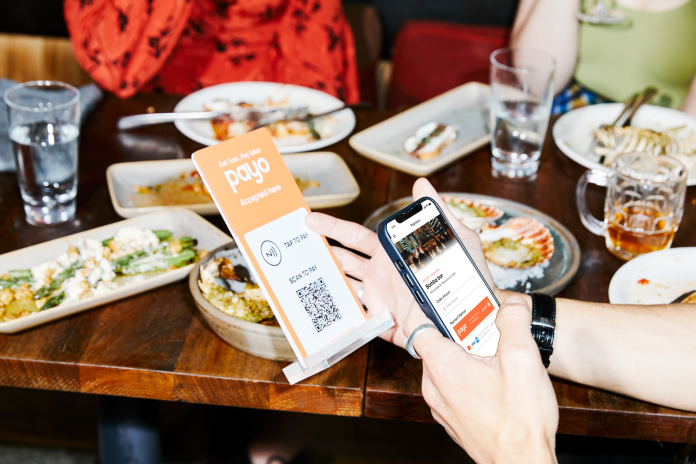
Australian restaurant tech providers have prospered through the pandemic, capitalising on businesses slogged by lockdowns and lingering staff shortages.
Now, local industry players say their tools will boost restaurant efficiency through 2022 — without erasing jobs for hospitality staff.
Doshii, a platform connecting restaurant point of sale (POS) systems with a myriad of software solutions, claims a new expansion will boost productivity and attract new diners in 2022.
Established in 2016, Doshii lets dozens of food delivery, table service and venue management apps ‘talk’ to each other on a restaurant’s POS. It charges member restaurants a fee for the pleasure.
Connecting apps like Deliveroo, Mr. Yum and Order Up means staff can spend less time transferring orders from one screen to another, CEO Justin O’Donnell told Business Insider Australia.
Less “double handling” of orders means fewer errors, less wasted food and reputational damage — the last thing a restaurant would want after years of disrupted trade.
It’s “middleware, as exciting as that can get,” O’Donnell said.
But Doshii did prove exciting to restaurants hoping to streamline their businesses through rough trading conditions.
The company doubled its restaurant customer base last year, he added, with Doshii now in use across more than 1,000 venues.
Doshii last week added five new app integrations to its roster, including EatClub, a last-minute booking platform, and Payo, billed as Australia’s first ‘eat now, pay later’ service.
That extra functionality will benefit Doshii users looking to expand their offerings, O’Donnell said.
But restaurants may also be wooed by what O’Donnell called an “inadvertent benefit”: if staff don’t need to manually transfer orders, restaurants don’t need to fill as many working hours.
Payroll efficiency is now doubly important for hospitality venues, given the staff shortages rippling through the industry.
Demand for hospitality staff surged at the end of 2021, and the reopening of the international border is yet to translate to a new tide of servers, cooks and bartenders.
With staff shortages pushing some venues to the wall, it seems restaurants would appreciate any tool allowing them to carve hours off their timesheet.
However, O’Donnell said Doshii users are unlikely to keep staff levels low when labour availability improves.
“What it hasn’t done is reduced the amount of staff what we’ve seen in venues,” he said.
“It’s actually just allowing staff to do what they enjoy, which is serving food or taking orders or making drinks. It’s really just taking those [other] processes away.”
Eat now, pay later, roster whenever
Payo, the ‘eat now, pay later’ app added to Doshii’s ecosystem, last week unveiled its own new offering: a ‘self-checkout’ system, allowing diners to leave their table without settling up at the counter.
The feature also allows diners to split their bill within the app, meaning counter staff can avoid lengthy stints behind the POS.
“Everyone can just scan the QR code and actually itemise what they want to pay, or just select the amount of money they want to put in, until the table is down to $0 owing and you all walk off happy,” Payo co-founder Taf Chiwanza told Business Insider Australia.
The function builds on established table ordering apps like Mr. Yum, which spiked in popularity when COVID-19 restrictions first eased. Diners are now very comfortable with QR code systems, Chiwanza said.
Combined with Australia’s appetite for buy now, pay later functionality, he said Payo’s new functionality “would be effective pre-COVID, during COVID, and post-COVID”.
But Payo’s new self-checkout feature could also be a winner for merchants hoping to save on hours worked.
“What we give in restaurants is the opportunity to get back and concentrate on amazing service,” Chiwanza said.
Up to a third of a staff member’s shift can be spent finalising bills, he added.
“So if we can take that away, and get them just to concentrate on service, especially when hospitality is in a crisis for shortage of staff, it really makes things easier for my operational standpoint,” he said.
Even as Doshii and Payo champion their new restaurant efficiency measures, both Chiwanza and O’Donnell said there’s no replacing great service from hospitality professionals.
“I’ve been running the company just about 14 months now,” O’Donnell said. “With staff, when we’re doing training with them around, [they don’t ask] ‘Is this going to take away my job?’
“It’s like, ‘This is normal.’”











